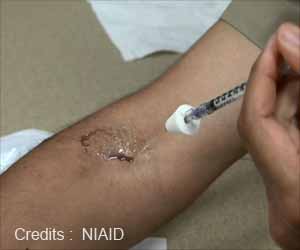- Approximately 10%–20% of babies in Canada have atopic dermatitis
- Applying a moisturizer regularly, using anti-inflammatory medicines, and topical steroids can help to manage eczema
Common Sites for Eczema
Infants frequently have atopic dermatitis on their cheeks, outer limbs, and trunk, but classic eczema affects the area behind the knees and in the elbow, and creases may not appear until later in childhood.Tips to Manage Eczema in Infants
A moisturizer that patients and caregivers will use is the finest moisturizer. According to recent research, using moisturizers of any kind- lotion, cream, gel, or ointment- at least twice daily can help manage atopic dermatitis.Since atopic dermatitis is an inflammatory disorder, anti-inflammatory medication is necessary for treatment.
To control flares, the lowest number of topical steroids should be applied. Applying once daily is just as beneficial as applying twice daily. When flares occur frequently, they can be avoided by taking topical treatments infrequently (for example, for two days in a row, on weekends).
Antibiotics should not be used often to treat local secondary bacterial infections, according to the evidence.
Source-Medindia















